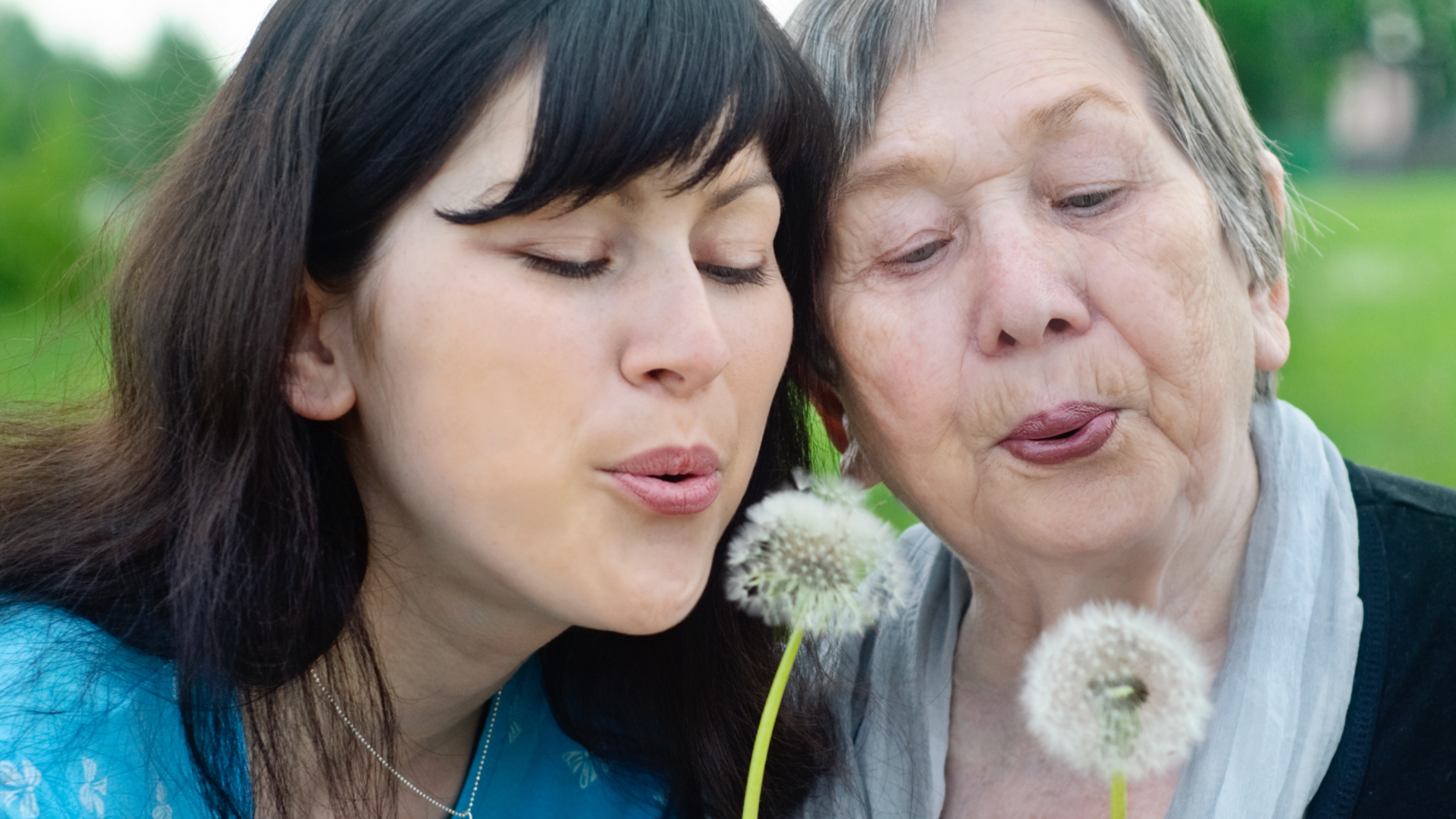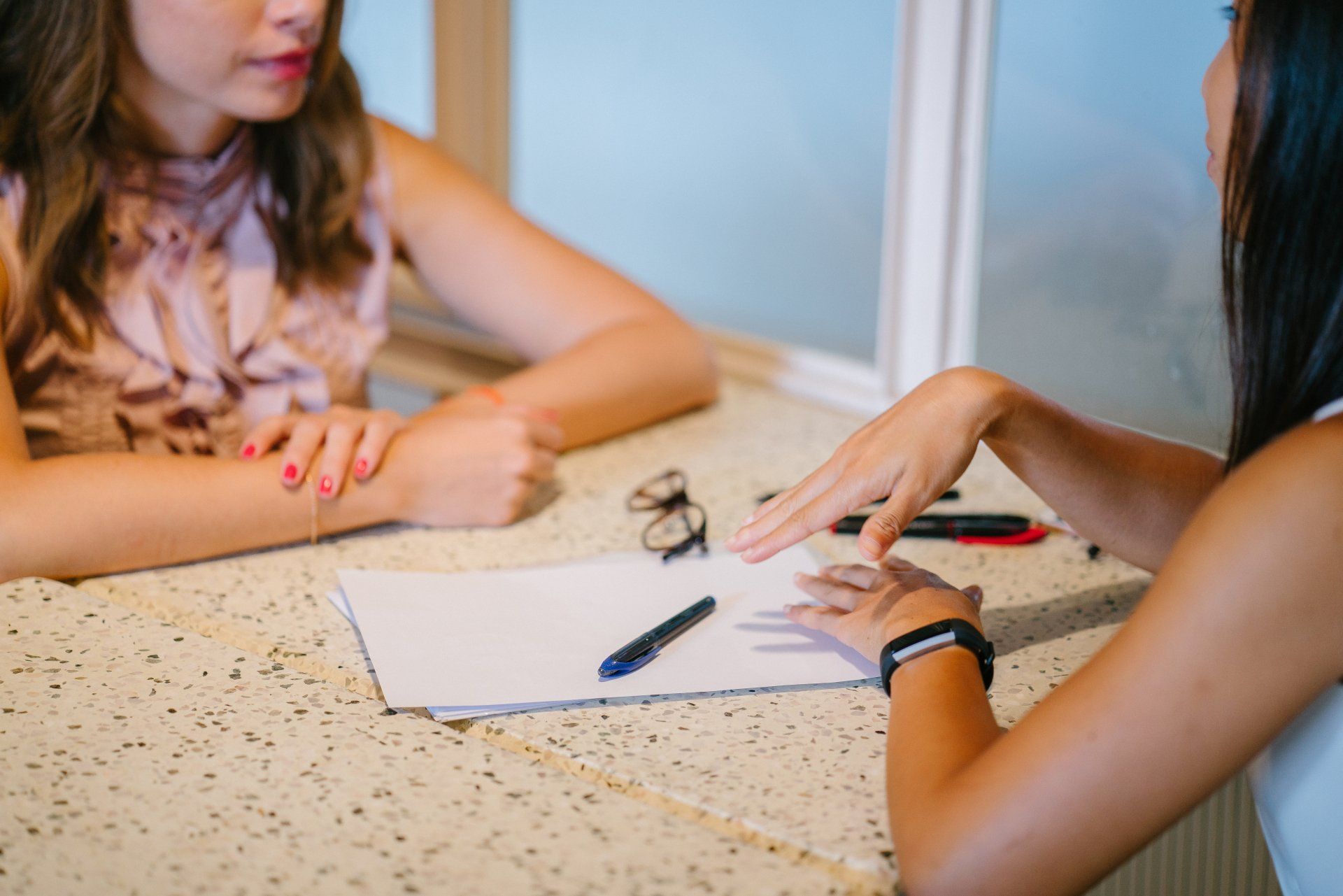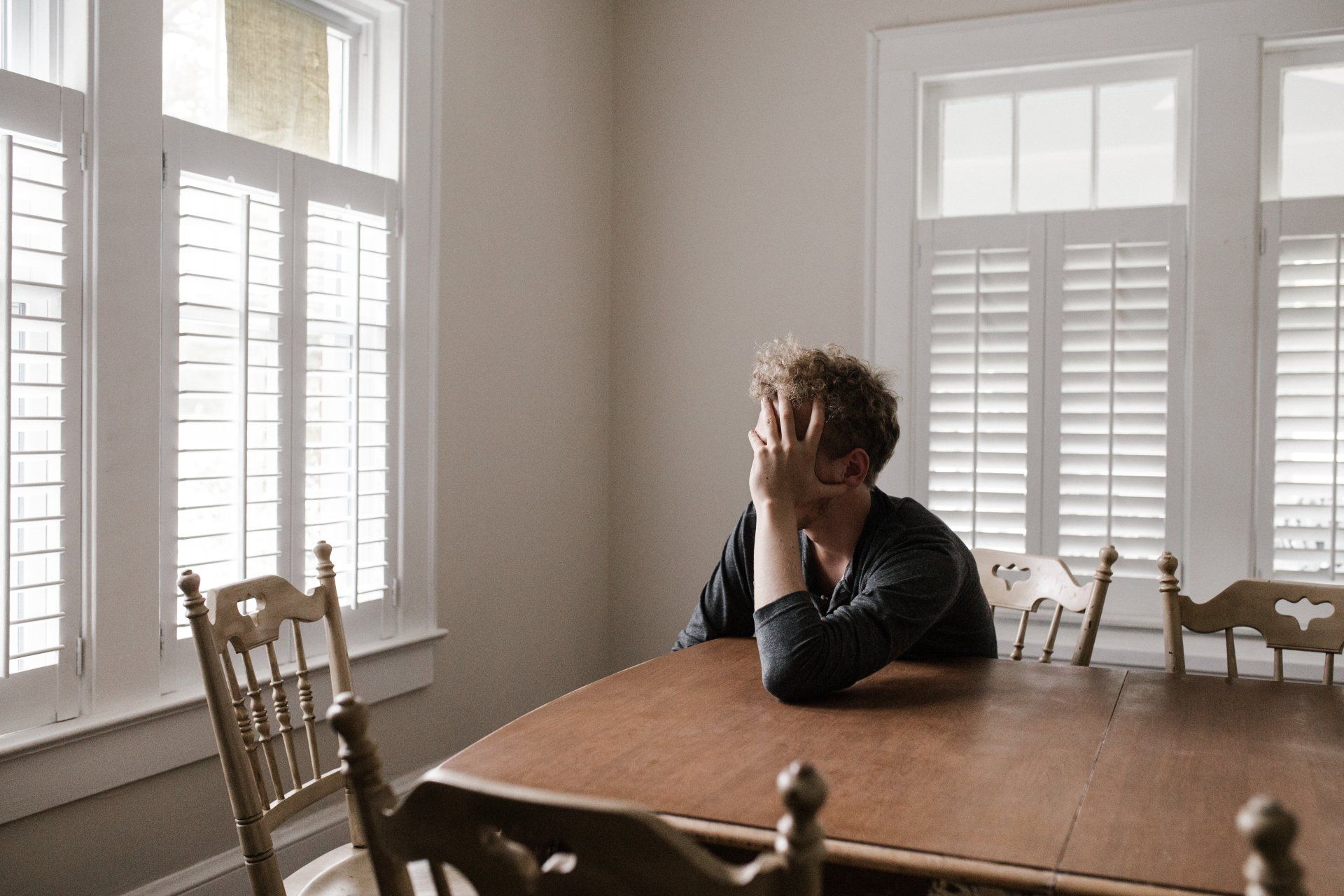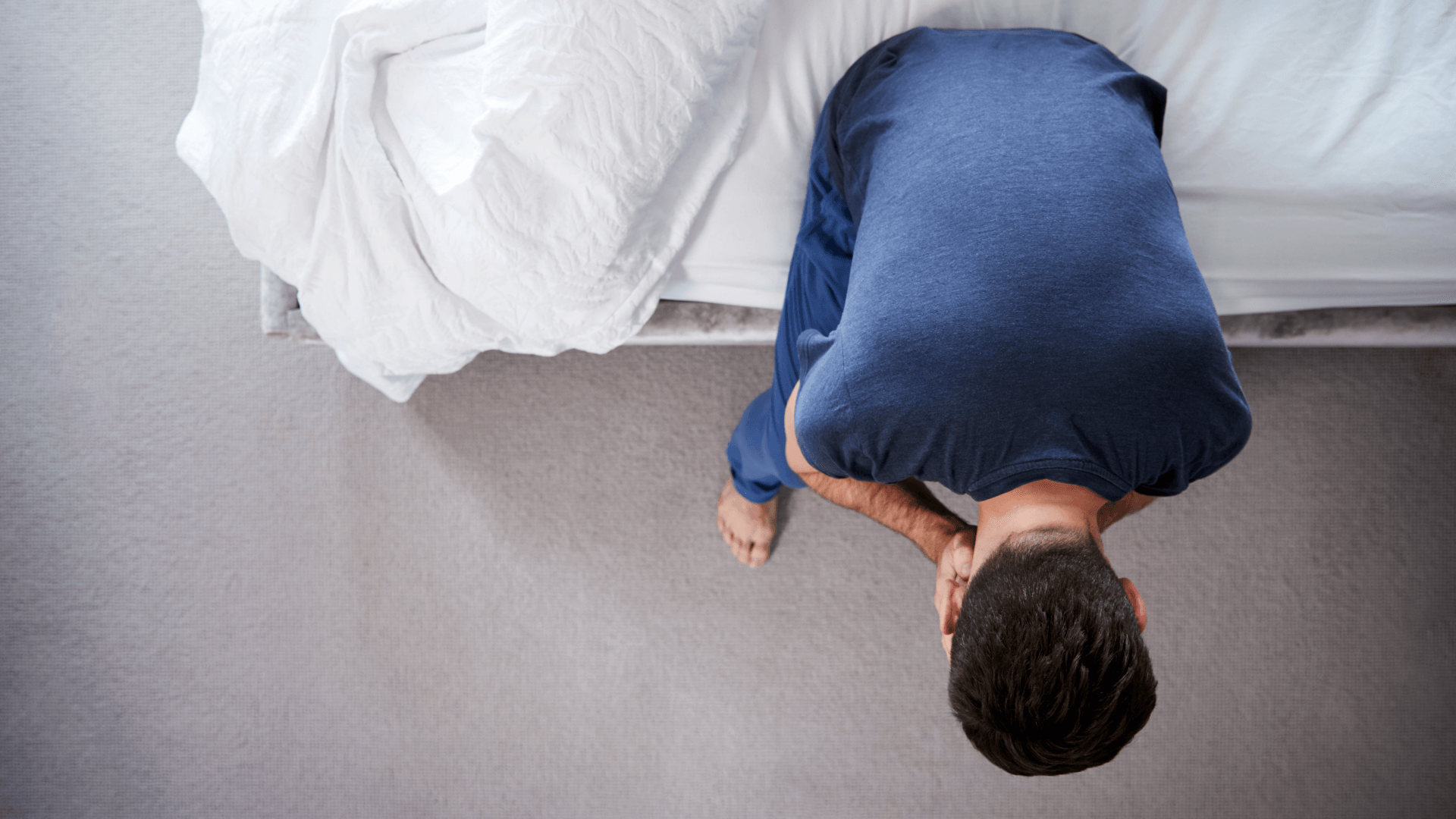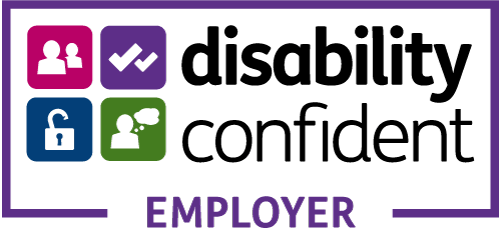ADHD Treatments and Self-Help Options
Part 2 of the ADHD, Anxiety, and Depression Series
ADHD symptoms can provide unique problems for people in everyday life (i.e. time blindness, procrastinating, fixating on specific tasks, inattentiveness, lack of motivation to do necessary tasks like laundry or washing dishes). Because of this, some treatments for people with ADHD and anxiety/depression can be less effective.
But this doesn’t mean that there are no options to improve your mental health. Some treatments will simply need some adjustments or a longer course of treatment. For instance, Cognitive Behavioural Therapy (CBT) has been found to be an effective treatment for ADHD (i.e. Problem-solving, cognitive restructuring, behavioural activation). Essentially CBT allows us to train our brains in order to avoid falling into the Anxiety/Depression cycle, find a way out of the Anxiety/Depression cycle, and become more capable of keeping up with tasks.
The nice thing about getting CBT and having someone talk you through the exercises is that you have someone to set out what needs to be done, describe why these things are effective, and specifically describe the steps that need to be done. Common activities in CBT include writing down thoughts, recognising negativity and rerouting the thoughts, or building a schedule for activities that people may find difficult to do. While these seem like tasks and activities that you could do completely independently, people with ADHD can find these things impossible without having a proper course of treatment to help keep people engaged in the CBT.
The second aspect of treatment for aspects of ADHD that can cause anxiety and/or depression is medication. While medication specifically for ADHD can be difficult to come by (especially if you were not diagnosed as a child or have not been diagnosed formally at all), medications to treat the anxiety or depression are more readily available after speaking to your GP about your specific issues. The important thing about medication is that some medications will not be effective for you as an individual, but others may be.
Research has found that multimodal treatment (combining two or more kinds of treatment) is the most effective pathway for people with ADHD. While only trying one kind of treatment at a time may alleviate the negative symptoms and decrease anxiety and depression, trying both (as long as the medication isn’t worsening symptoms, you can keep trying them until you find one that works for you) is likely to work much better.
Research has also found that discussing your struggles and improvements with other individuals with similar issues (like ADHD) is particularly helpful in not only improving mood but also helping to keep you engaged in your treatment.
Naturally, you may want to augment your treatment with self-help options specifically for people with ADHD. Common tips to help make you feel healthier and more organised include creating visual reminders in your home to remind you to complete tasks (I personally enjoy: making myself a list of mini goals like eating at least twice a day and spending five minutes tidying a space; creating five goals to complete over the span of 5-15 days depending on how busy I am), treating yourself when you achieve your goals (go out to a nice lunch, buy something you’ve wanted for a while, buy some new hair dye, etc.) and trying to invest in nutritious food and spending time caring for yourself. These things are not a replacement for therapy and/or medication but rather ways to try and make your body feel better as well as keeping yourself organised.
In the end it is important to know that while ADHD is a part of you and makes up some of the aspects of who you are, the problem isn’t you. The feelings of negativity, hopelessness, or worry are not your fault. There are a lot of factors of modern life like work, the environment, politics, or trying to juggle everything at once that generate anxiety or low-moods in many people, not just people with ADHD. Your ADHD symptoms may make fitting into the box of modern life difficult, but there are a lot of avenues that can help make things more manageable.
Useful links and more information
The ADHD Foundation for tips for dealing with ADHD symptoms, how ADHD presents in adults and children, and what ADHD is:
https://adhdfoundation.org.uk/adults/
The American Psychological Association for information about gender differences in ADHD and issues with some medication:
https://www.apa.org/topics/adhd
Links for getting help or treatment
Trent PTS for self-referral:
https://www.trentpts.co.uk/self-referral
Mental Health Foundation for support and information:
https://www.mentalhealth.org.uk/
Mental Health Forum for a place to discuss issues and talk to others:
https://www.mentalhealthforum.net/forum/
Get Self Help for worksheets and information about disorders and CBT treatment
The Samaritans Nottingham to have someone to listen and talk to
https://www.samaritans.org/how-we-can-help/contact-samaritan/
TrentChat (for students) to have someone to listen and talk to
